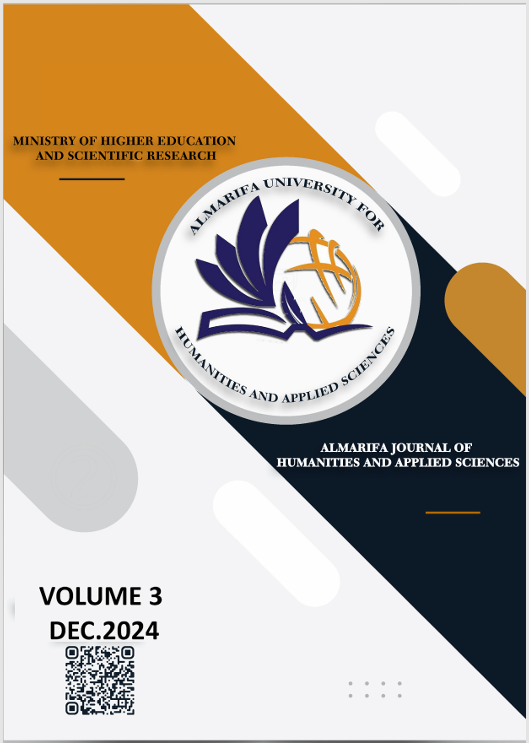The Holy Quran's call to implement deterrents
Abstract
From ancient times to the present, nothing has preoccupied all of humanity except a dignified life, happiness, and tranquility in a society governed by justice and security. This could not have been achieved without eliminating crime and combating it from all its aspects. Deterrents were enacted for this supreme goal. Legitimate deterrents are the judgment of God, the Compassionate and Merciful toward His servants. Desires and temptations can ensnare those with weak, sick souls. Herein lies God's wisdom in legislating deterrents, including prescribed punishments, retaliation, and other legal texts. This modest research comprises three sections, each containing a number of points. In the first section, I briefly introduced the topic, establishing the reason for legislating deterrents and the wisdom behind them. I then explained the meaning of deterrents in language and terminology, drawing on a number of language dictionaries and some books of interpretation. In the second section, I discussed the concept of deterrents in the Holy Quran, and explained the Islamic ruling on those abhorrent traits that repel healthy people, such as adultery, drinking alcohol, and highway robbery. Quoting Quranic verses was also present.
In the third section, I discussed the concept of deterrents in the second source of legislation, namely the Prophetic Sunnah. I cited a number of authentic hadiths that prohibit the commission of these reprehensible vices, and demonstrated with evidence that the quality of faith is stripped from those who commit adultery and drink alcohol.
In the third section, I discussed the types of deterrents in Islamic law, explaining the wisdom behind their legitimacy. I explained that Islamic deterrents are divided into two categories: those that are prescribed and those that are not prescribed. These deterrents, of course, cannot be modified, either by addition or subtraction. I then discussed the two types: deterrents of retaliation, which achieve justice in its highest form. It equates crime and its punishment. I also touched on discretionary deterrents and other prescribed deterrents, called hudud (prescribed punishments), because the severe punishment deters the offender from repeating the crime. I then explained that the rights of the servants cannot be circumvented unless the person harmed forgives. As for the rights of God, they are between the servant and his Lord. I did not neglect the blood money and its nature.
In the second section, I discussed the deterrents of hudud (prescribed punishments). In the third section, I explained the divine wisdom behind the legitimacy of deterrents.
In the third section, I addressed the unity of divine laws in the application of deterrents. In the first section, I demonstrated, using Quranic evidence, that the Torah and the Gospel contain an explicit command to apply deterrents to violators. I then discussed the alteration, modification, and distortion of the Torah revealed to Moses, peace be upon him. In the second section, I discussed deterrents in the Gospel and whether the application of deterrents in the Gospel revealed to Jesus is necessary, a principle shared by all divine scriptures. Finally, I demonstrated, using Quranic text, that whoever does not rule by the Torah or the Gospel is immoral and unjust to himself and his society. I have tried to be as brief as possible in this research, as the limitations of the research determine its number, and my success comes only from God.

Downloads
Published
Issue
Section
License
Copyright (c) 2025 almarifa journal

This work is licensed under a Creative Commons Attribution 4.0 International License.

